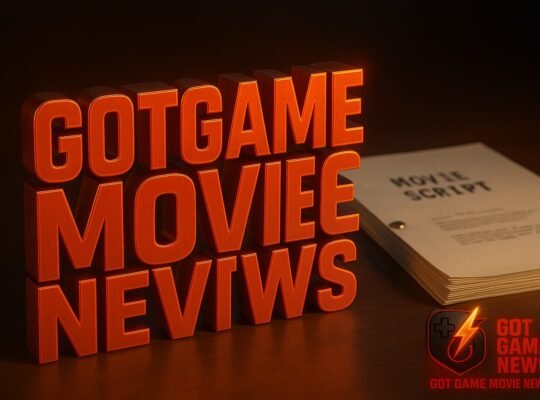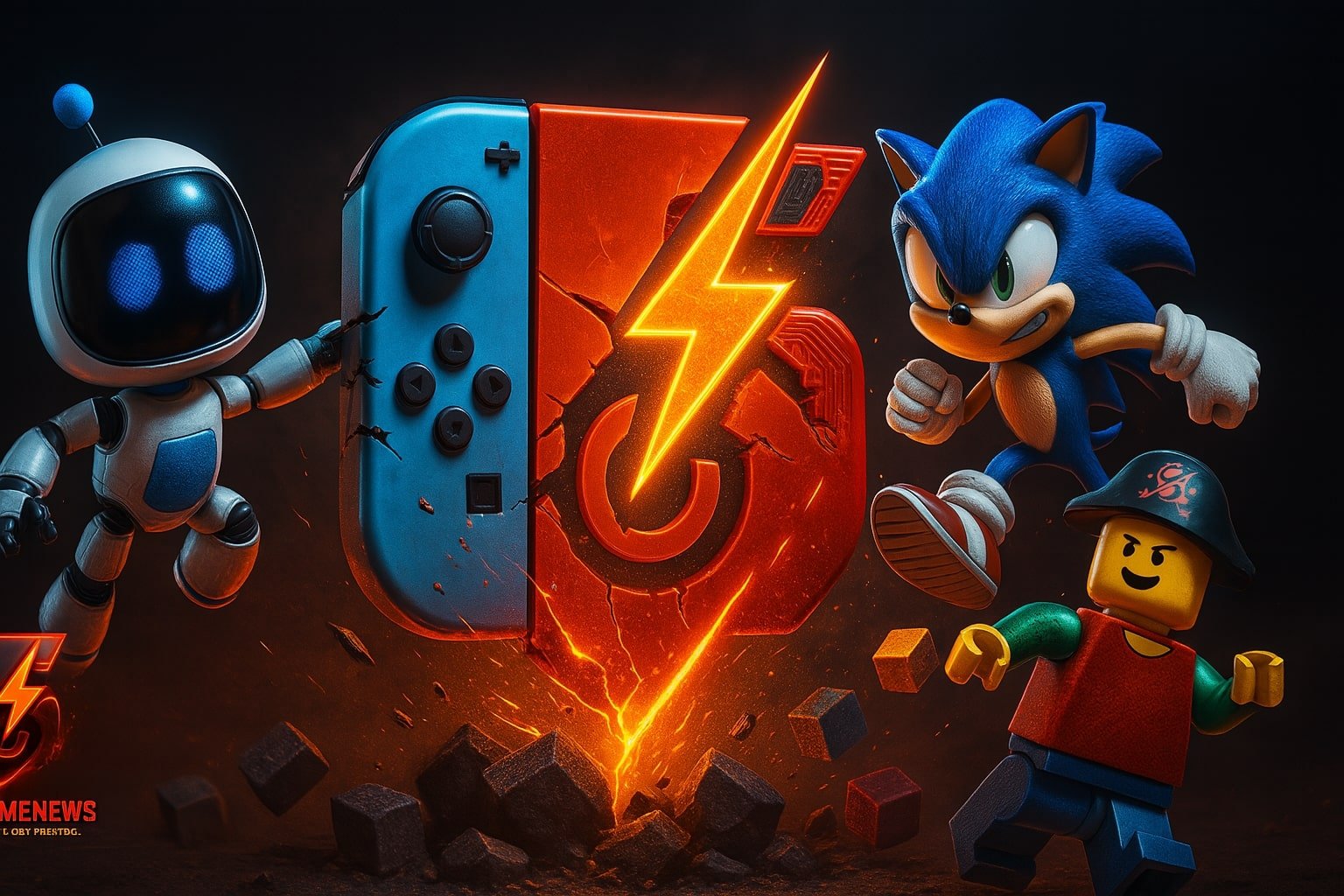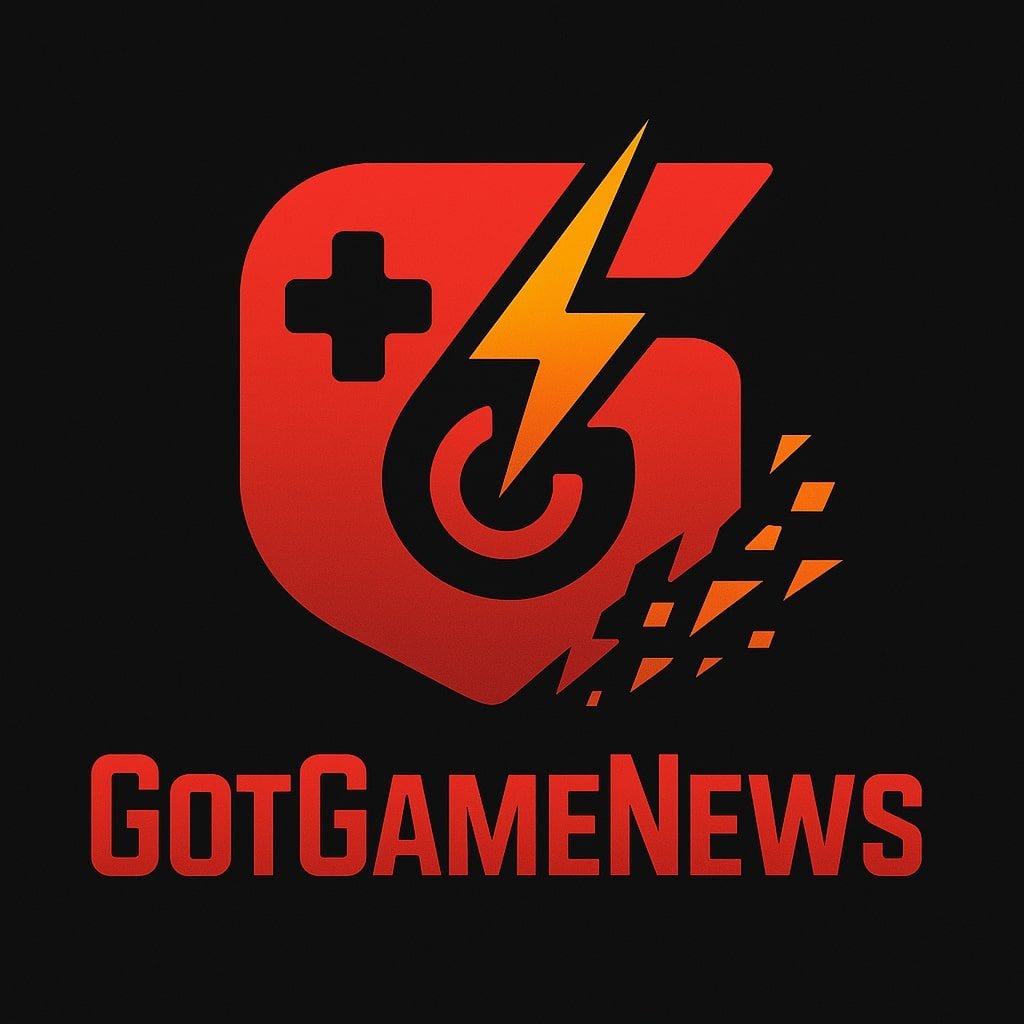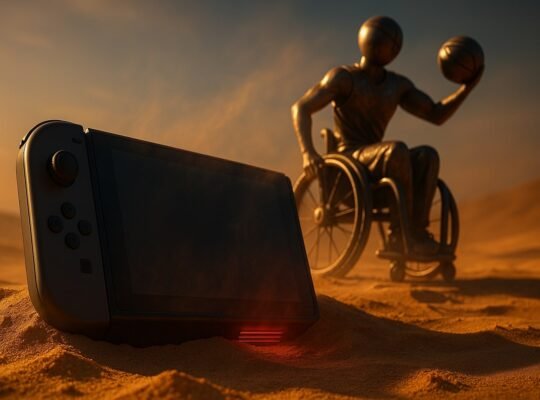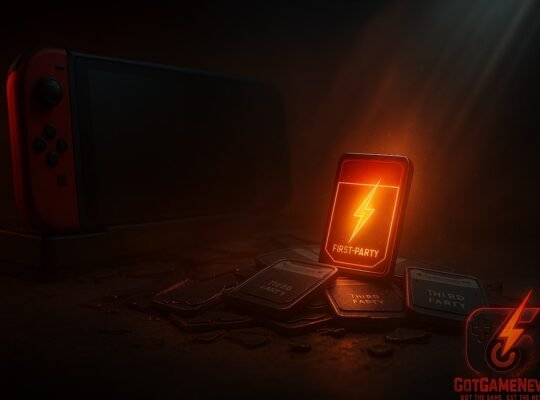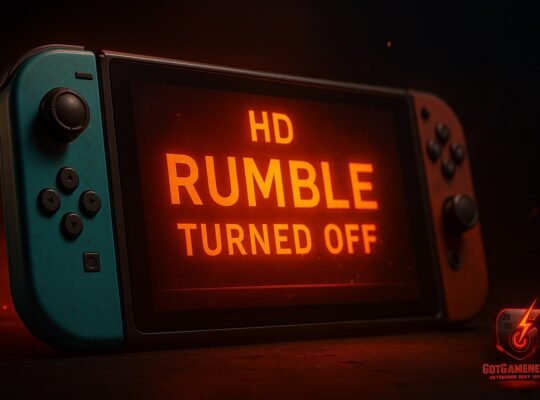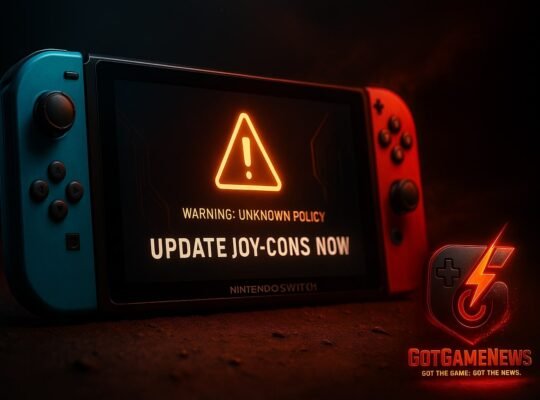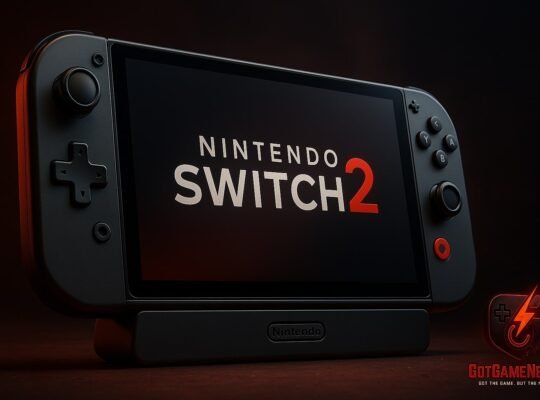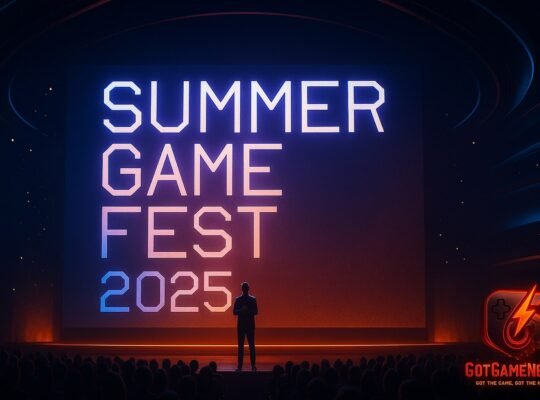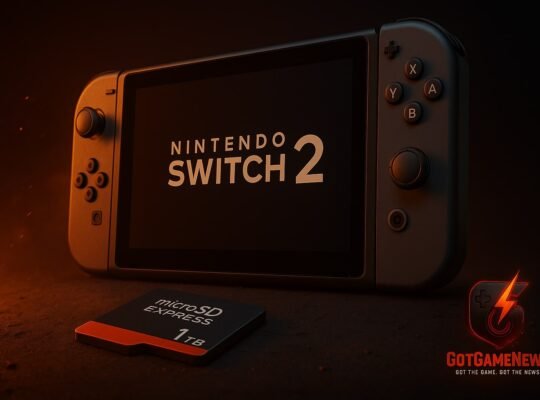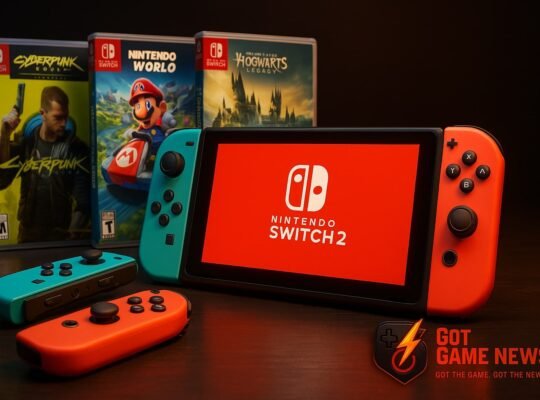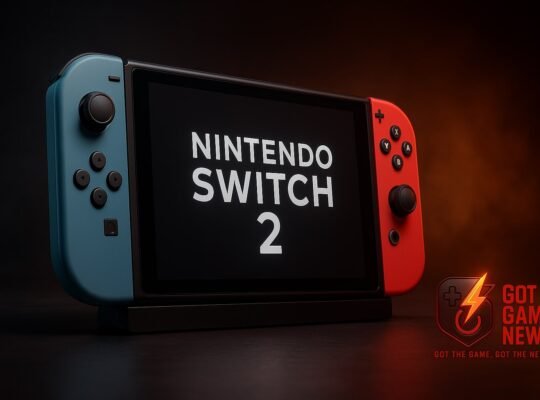Nintendo’s next-gen hardware is impressive. But what if the real threat is everyone else finally getting good at being Nintendo?
Welcome to the Clone Wars
Nintendo’s empire was built on a simple truth: nobody makes Nintendo games but Nintendo. That sacred ground—brilliant platformers, party chaos, family-safe polish—has kept fans loyal even when the specs lagged or the online sucked.
But as the Switch 2 preps for launch, a quiet revolution is brewing. And it’s not coming from Sony or Microsoft. It’s coming from everywhere else—a rising tide of studios making Nintendo-style games that are sharper, faster, and just as joyful. Some of them are winning awards. Some haven’t even launched yet but already feel like the future.
The real competition? It’s not who builds the best console. It’s who captures Nintendo’s magic first.
What’s Actually Happening
Polygon’s latest deep-dive doesn’t point fingers at PS5 or Xbox Series X as Nintendo’s biggest threat—it points at Astro Bot, Sonic Racing: CrossWorlds, and a Lego-branded party game that looks like it was built in a lab to replace Mario Party.
- Astro Bot, the breakout platformer from Team Asobi, just ran away with game-of-the-year buzz thanks to its precision, creativity, and heart. It’s the kind of game that used to be exclusive to Nintendo’s first-party catalog. Now it’s a PlayStation darling.
- Sonic Racing: CrossWorlds doesn’t just mimic Mario Kart’s best ideas—it upgrades them, with cross-platform play, reactive track design, and Sega’s usual chaos. It’s scheduled to drop before Nintendo’s next kart racer sees daylight.
- Lego Party is what happens when minigame mayhem meets licensed absurdity. Built like a Mario Party killer, it’s slick, silly, and aggressively multiplayer. The kind of game you bring to the couch—and maybe don’t come back from.
That’s just the start. Super Meat Boy 3D revives hardcore platforming with a modern engine. Mina the Hollower, from the Shovel Knight team, is digging straight into Link’s Awakening territory. Even Marvel Cosmic Invasion is taking cues from Smash Bros. for its over-the-top, IP-colliding brawls.
The common thread? These games aren’t mocking Nintendo. They’re learning from them—and sometimes, improving the formula.
Why This Actually Matters
Nintendo’s greatest strength has always been its curated, closed ecosystem. You buy a Switch to play Nintendo games, and they rarely disappoint. But what happens when other devs match that feeling—on better hardware, with faster updates, and none of Nintendo’s weird online restrictions?
The Switch 2 might be a leap in power (DLSS! 4K docked! OLED by default!), but it risks launching into a genre space that’s already evolved without it. If LEGO Party and Astro Bot own the spotlight this holiday, what does that mean for Mario and friends?
More importantly: it puts pressure on Nintendo to get uncomfortable. To innovate again. Because while Nintendo games are timeless, the competition is becoming timelier—and that’s a dangerous combo.
What Gamers Are Saying
The Reddit takes are spicy:
“Astro Bot is a better Mario than anything post-Odyssey. Don’t @ me.”
“If LEGO Party has online that actually works, it’s already ahead of half the Switch library.”
Meanwhile, even diehard Nintendo fans are feeling the heat:
“I wanted to be blown away by Switch 2. Instead, I’m playing my ROG Ally and realizing… maybe the magic isn’t exclusive anymore.”
Polygon’s piece frames this not as a fall from grace, but a moment of reckoning. Nintendo still leads—but for the first time in a long time, it’s not leading alone.
The Bigger Picture
We’re watching the Nintendo formula get reverse-engineered in real time. And not just by AAA publishers—by indies, by modders, by passionate weirdos with Unreal Engine access and a childhood full of Yoshi’s Island memories.
This mirrors a broader trend: the decentralization of Nintendo-ness. From Steam Decks to Backbone-enabled mobile gaming, the old reasons for staying locked into Nintendo’s ecosystem are eroding. The question now isn’t “Can you play Mario?” It’s “Do you need Mario to have fun?”
If Nintendo answers that challenge with complacency, it risks becoming a boutique brand in its own genre.
Final Word
The Switch 2 will sell millions. It’ll have Mario and Metroid and maybe even that long-rumored new Donkey Kong. But it’s launching into a different world than the original Switch did.
This time, the rest of the gaming world isn’t just watching Nintendo—they’re becoming it.
So if the Switch 2 wants to be more than just a shinier sequel, Nintendo’s got one job: stop coasting on nostalgia and start out-Nintendoing the clones.
Because the copies are catching up—and some of them might already be classics.



